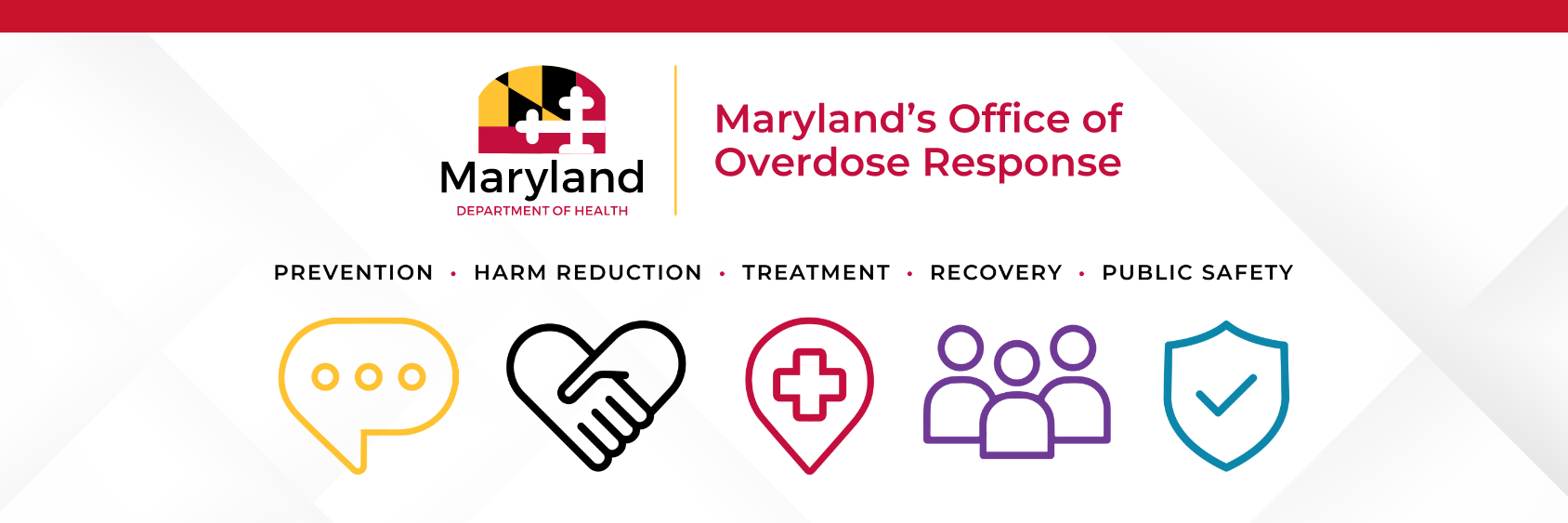Governor Larry Hogan Signs Legislation to Combat Opioid Epidemic Into Law
Enhances Heroin and Opioid Overdose Prevention Efforts
April 24, 2018
ANNAPOLIS, MD — Governor Larry Hogan was joined today by Senate President Thomas V. “Mike” Miller and Speaker of the House Mike Busch to sign a number of bills aimed at combatting the opioid epidemic into law, including the Overdose Data Reporting Act and the Controlled Dangerous Substances – Volume Dealers Act, at a signing ceremony at the Maryland State House in Annapolis.
The Overdose Data Reporting Act will allow emergency medical services providers and law enforcement officers to input and share data about opioid overdoses. This will enable first responders to track this information and allocate resources, including life-saving naloxone, in near real-time to respond to an extremely potent batch of opioids in a specific area. The legislation will make Maryland one of 27 states and nearly 300 agencies to use this technology to inform first responders, identify national trends, and prevent overdose deaths.
“This legislation will provide several avenues for sharing near real-time information on drug overdoses occurring across Maryland and regionally, which is vital to more effectively coordinate the response to the opioid epidemic,” said Clay Stamp, executive director of the Opioid Operational Command Center. “The Opioid Operational Command Center works to support the 24 opioid intervention teams (OITs) – and with this enhanced data-sharing ability, we will be better positioned to shift resources like mobile crisis teams in advance of spikes, alert for spikes, and direct resources to areas of need.”
At the local level, OITs are set up in each of Maryland’s 24 jurisdictions and led by the emergency manager and health officer. They are multi-agency coordination bodies that coordinate with the community, and complement and integrate with the statewide opioid response effort.
The Controlled Dangerous Substances – Volume Dealers Act will expand the volume dealer statute to include fentanyl and its analogs, and allows for more effective prosecution of high-level drug traffickers who deal in large quantities of controlled substances. Additionally, it amends how the existing volume dealer statute deals with mixtures containing heroin. Currently, the volume dealer statute applies to any mixture 448 grams or more containing a detectable amount of cocaine. However, for heroin, regardless of how large the mixture, there must be 28 grams of heroin in some form within the mixture. It is common for heroin to be cut with other substances. Senate Bill 1137 amends the statute to treat heroin the same as cocaine and require that the mixture of 28 grams or more contains a detectable amount of heroin.
Before It’s Too Late is the state’s effort to bring awareness to the heroin and opioid epidemic-and to mobilize resources for effective prevention, treatment, and recovery. Marylanders grappling with a substance use disorder can find help at BeforeItsTooLateMD.org and 1-800-422-0009, the state crisis hotline.

 1-888-373-7888
1-888-373-7888 233733
233733